Consortium instructors help TechBoston apply PBL to emergency remote learning
Our Project-Based Learning (PBL) team worked with a group of Boston educators during the spring on ways of adapting PBL techniques to remote instruction at a time when they, along with teachers across the country, were thrown headlong into creating virtual classrooms.
PBL instructors Aaron Altemus and Sarah Brooks, both Consortium Program Directors, gave the latest sessions as webinars to middle and high school teachers from TechBoston Academy, a college preparatory school established in 2002 as one of the Boston Public Schools.
TechBoston participates in a Community of Practice made up of New England schools that a nonprofit consultancy, The Learning Agenda, brought together around PBL earlier this year with support from the Barr Foundation.
TechBoston engaged the Consortium’s PBL team in May to learn ways of “infusing PBL into emergency remote instruction,” Altemus said. “They weren’t necessarily looking to create standard PBL assignments—though some did—but rather to strengthen distance instruction through PBL-related strategies.”
The Consortium’s training followed the PBL model. Participants engaged in small group webinars that focused on specific PBL elements. Each then researched a specific tool or strategy to incorporate into their remote instruction. The educators convened in small group feedback sessions, refined their ideas based on peer feedback and, finally, tested their chosen PBL tools in their remote lessons.
The key PBL elements discussed in the webinars were: driving questions; real-world connections; student voice & choice; feedback & revision; research; public presentation; reflection; and learning outcomes.
While full-blown projects often entail using all of them, each also has its own distinct classroom utility, Altemus said. For example, teachers might make “voice and choice” part of specific classroom lessons to increase engagement or they might build “reflection” into different assignments to help students become comfortable with a practice that’s critical to improvement.
“We don’t think that one-size fits all,” explained Brooks. “It’s not always practical or desirable for teachers to take on all of the PBL elements at once, even in full-blown projects.”
“Sometimes teachers who are new to PBL might want to try out different elements during a regular classroom lesson as a way of getting their feet wet,” she added. “Or, they might have their classes embark on projects using just some of the elements, not all of them.”
“Throughout the training, we found in small group discussions that the TechBoston educators collectively had a great breadth of PBL knowledge,” Altemus said. Working through the process together, and providing one another with feedback not only helped educators refine their instructional ideas quickly, it also fostered new connections and expertise among colleagues.”






